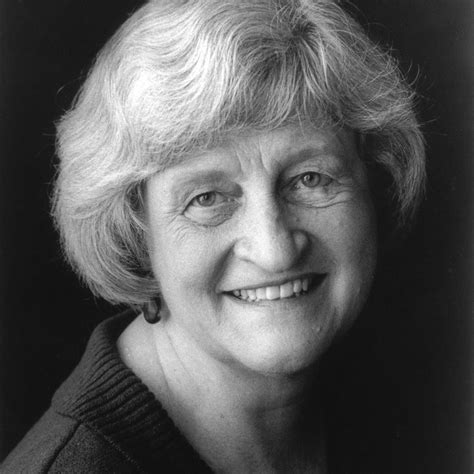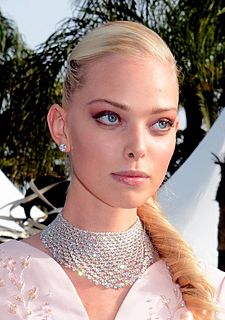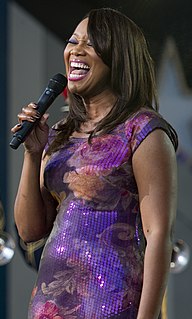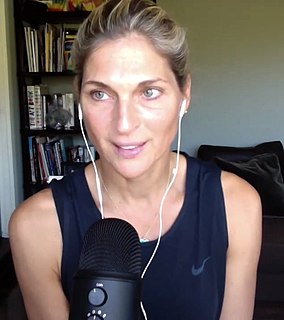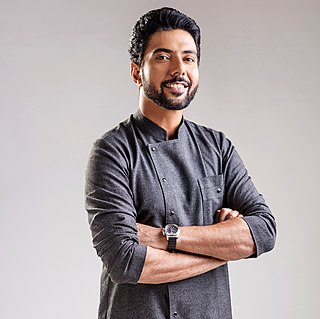A Quote by Michael Pollan
That anyone should need to write a book advising people to "eat food" could be taken as a measure of our alienation and confusion. Or we can choose to see it in a more positive light and count ourselves fortunate indeed that there is once again real food for us to eat.
Related Quotes
Children, not a grain of the food we eat is made purely by our own effort. What comes to us in the form of food is the work of others, the bounty of Nature and God's compassion. Even if we have millions of dollars, we still need food to satisfy our hunger. Can we eat dollars? Therefore, never eat anything without first praying with humility.
We need to realize that these industrial methods of farming have gotten us used to cheap food. The corollary of cheap food is low wages. What we need to do in an era when the price of food is going up is pay better wages. A living wage is an absolutely integral part of a modern food system, because you can't expect people to eat properly and eat in a sustainable way if you pay them nothing. In fact, it's cheap food that subsidized the exploitation of American workers for a very long time, and that's always been an aim of cheap food.
Food is "everyday"-it has to be, or we would not survive for long. But food is never just something to eat. It is something to find or hunt or cultivate first of all; for most of human history we have spent a much longer portion of our lives worrying about food, and plotting, working, and fighting to obtain it, than we have in any other pursuit. As soon as we can count on a food supply (and so take food for granted), and not a moment sooner, we start to civilize ourselves.
Those of us who think about what we eat, how it's grown, those of us who care about the environmental impact of food - we've been educated by fabulous books, like Fast Food Nation and documentaries like Food Inc. But despite these and other great projects that shine a critical light on the topic, every year the food industry spends literally tens of millions of dollars to shape the public conversation about our food system.
One can never be too rich or too thin' is an aphorism attributed to the Duchess of Windsor. Being both rich and thin is a difficult enterprise, indeed almost unprecedented as an ideal. Into the paradoxical gap between the capacity to spend money and the need to eat less steps a brilliant solution: 'light' food. In buying 'light' food we can pay more for what costs less to produce in the first place.
Most of the food crops raised in the world today are fed to livestock destined for slaughter for us to eat, and most of the water used is used to raise the food crops that are fed to those animals. It has been estimated that, because of the extraordinary amount of grain it takes to raise food animals, if we reduced the amount of meat we eat by only ten percent, that would free up enough grain to feed all the starving humans in the world. So when we choose to eat meat instead of vegetables, we are choosing to take food away from others who are hungry.




